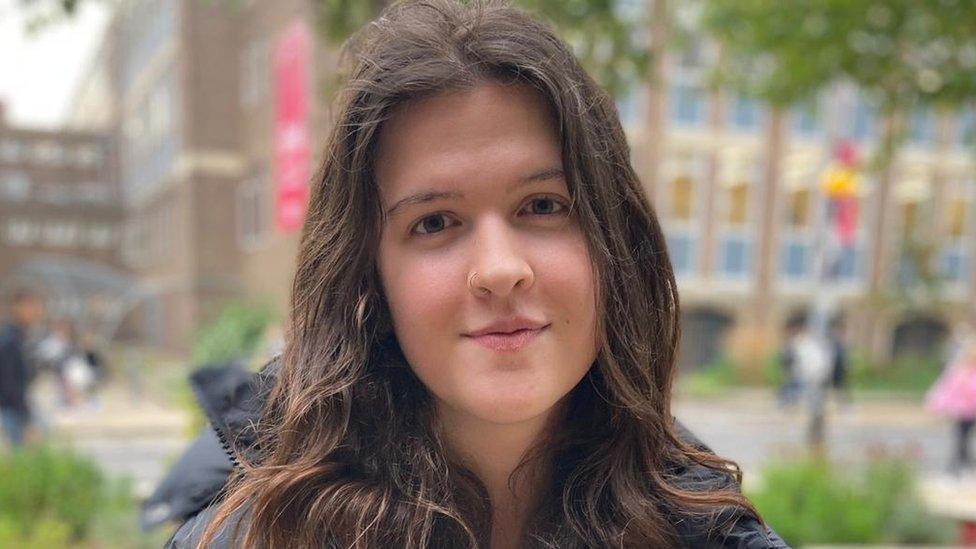Nottingham student welcomes MPs' spiking report
- Published
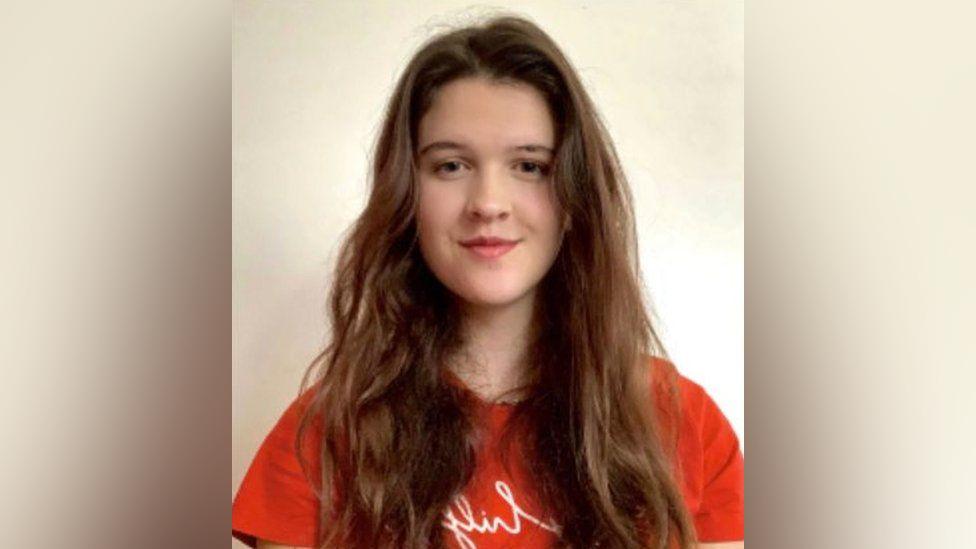
Zara Owen blacked out in a Nottingham club and found a needle mark the next morning
A student who gave evidence to MPs about being spiked in a nightclub has welcomed their report.
The Home Affairs Committee found many victims did not complain to police because of fears they would not be taken seriously.
Zara Owen told the committee she blacked out shortly after arriving at a Nottingham club in October.
She said she was impressed with the report and hoped it would increase awareness of spiking.
Ms Owen, who is studying French and Spanish at the University of Nottingham, said the next thing she remembered, after blacking out, was waking up in bed the following day with a painful leg and a pin prick from an apparent injection.
She said it was only after she saw an Instagram story about someone suffering something similar did she realise she had been spiked with a drug.
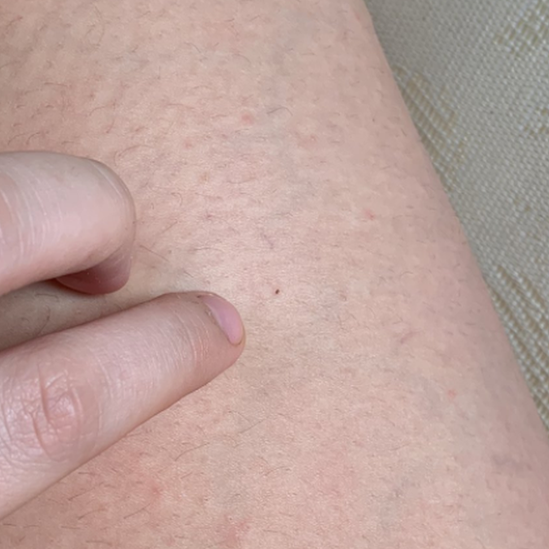
Ms Owen later discovered a pin prick mark on her leg
In January this year she gave evidence to the Home Affairs Committee in which she said the "cruel and horrible" act was done for "comedic effect".
The committee found most spiking victims were dismissed for having "one drink too many" and that many people did not report being spiked for fear of not being taken seriously.
Ms Owen welcomed the committee's findings and said she hoped it would increase awareness of the issue, both in law enforcement and the wider public.
The report identified Nottinghamshire as one of the hotspots for needle spiking, along with Merseyside, Avon and Somerset, and Sussex.
"I'm really impressed this is all happening," she said. "I'm pleased to see they are considering a specific law to combat spiking.
"When it happened to me, I was quite shocked to hear it's not a criminal offence. It was explained to me that if something happens to you as a result of being spiked, then someone can be prosecuted, but just the act of spiking someone wasn't necessarily illegal.
"Hopefully a lot more awareness will come of this, meaning more people report it but also hopefully someone will think twice about spiking."
Extra training
Ms Owen also welcomed the MPs' recommendations which included a high-profile media campaign, more training for bar staff and for police to offer tests to potential victims.
"I was quite fortunate and apart from blacking out and having an extremely painful leg I wasn't seriously ill," she said.
"But other people are not so lucky and end up hospitalised. You really want to know what has happened to you.
"Having the facilities to test for that quickly would be great and maybe that can be installed in bars and clubs."
The Home Office is considering whether a specific new offence of spiking is needed. The committee welcomed this and want a written update in six months.

Follow BBC East Midlands on Facebook, external, on Twitter, external, or on Instagram, external. Send your story ideas to eastmidsnews@bbc.co.uk, external.
Related topics
- Published26 April 2022
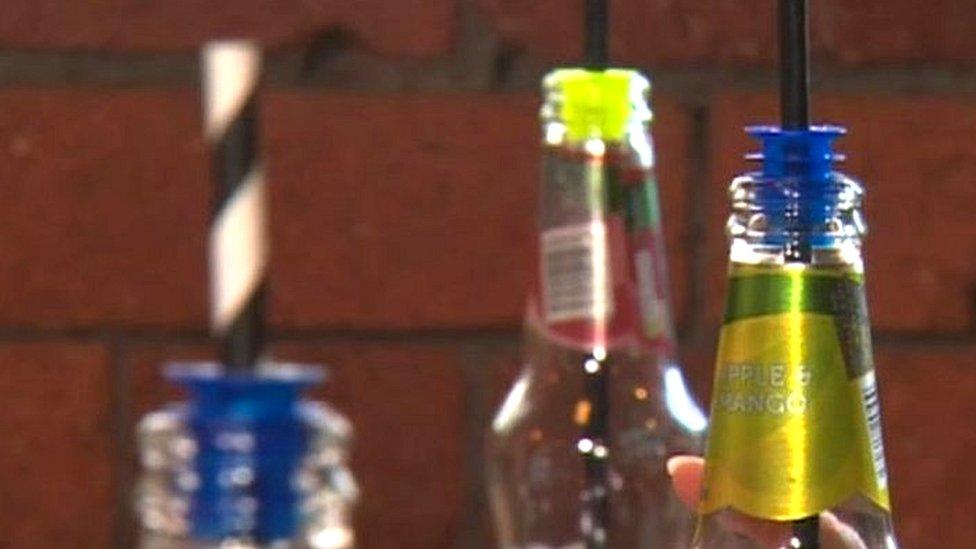
- Published12 January 2022
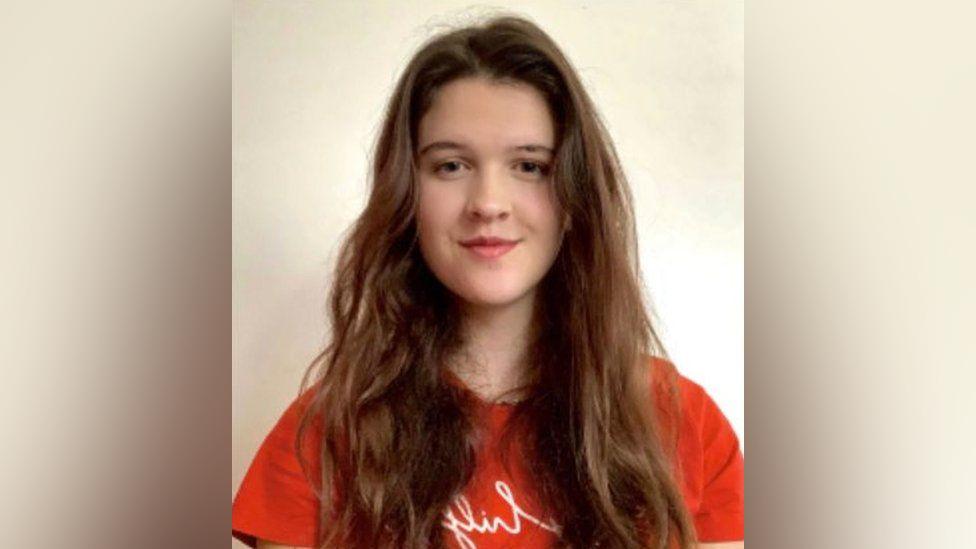
- Published17 December 2021
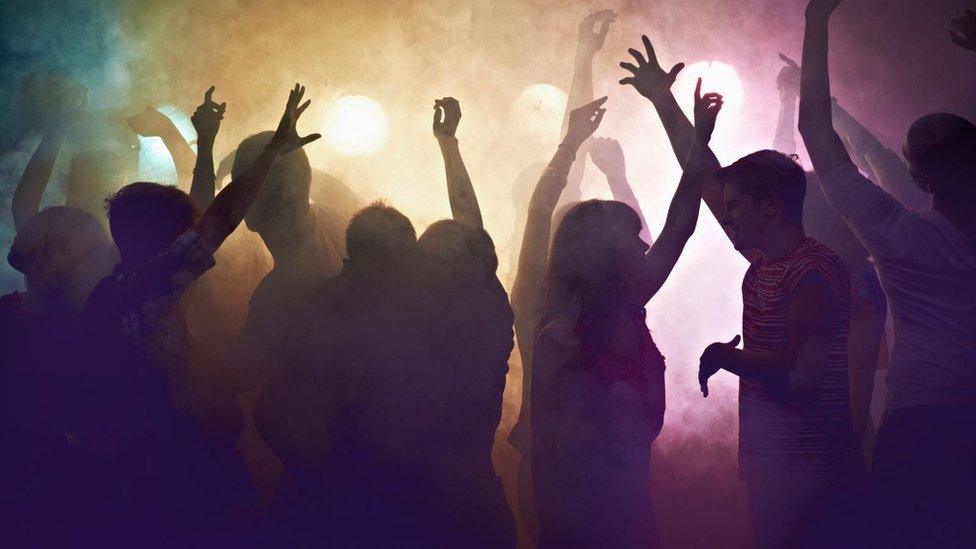
- Published24 October 2021

- Published19 October 2021
